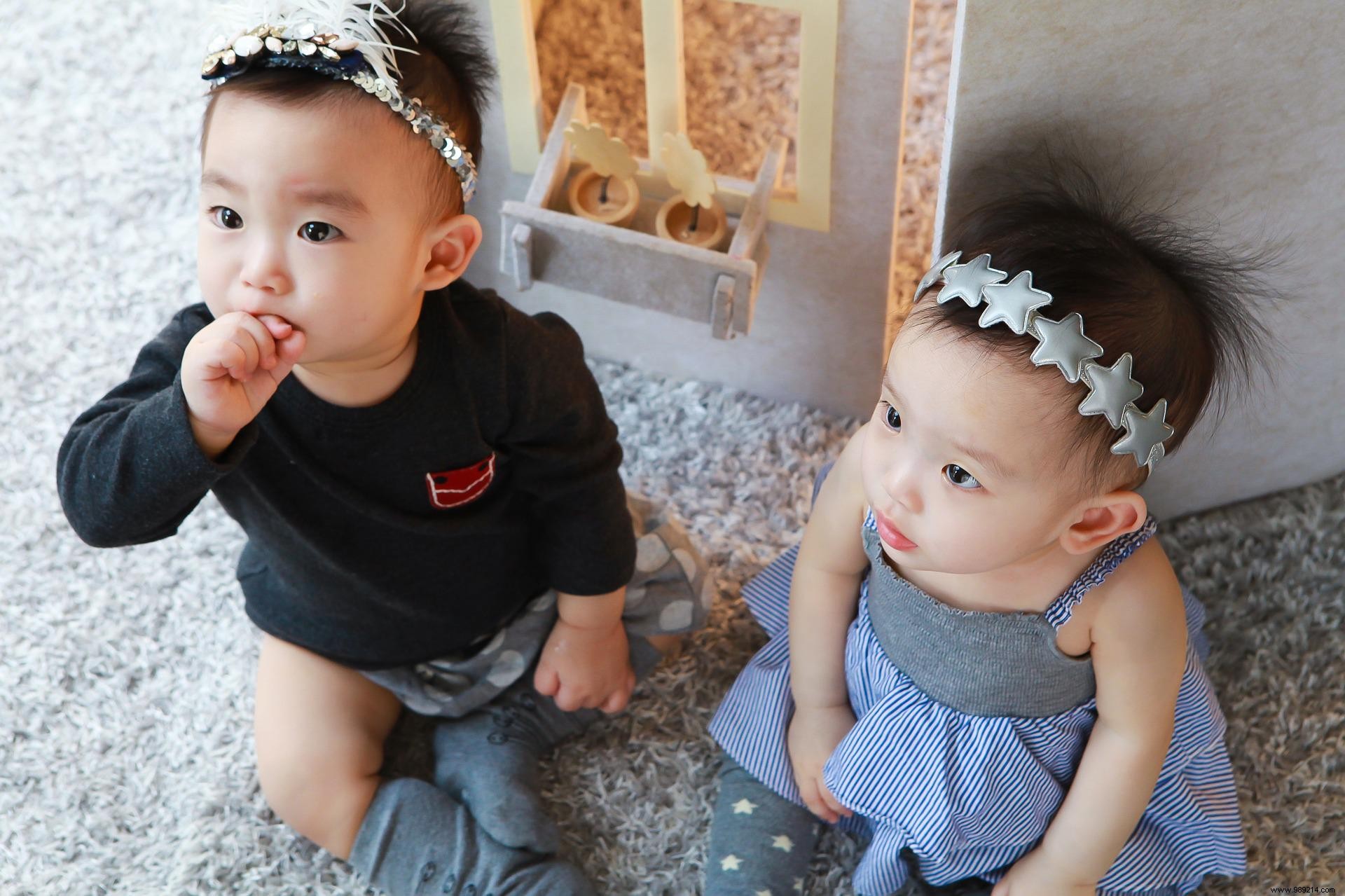Researchers have taken advantage of a rare opportunity to study the personalities and cognitive abilities of two identical twin girls separated very early in life before being raised in different country. If several similarities have obviously been reported, the results of analyzes also reveal several differences which would not have been so marked in normal times .
Twins raised separately are rare, especially twins raised in different countries and/or different cultures. Yet a new report published in the journal Personality and Individual Differences documents the behavioural, physical and medical similarities and differences of a pair of monozygotic twins raised separately. As a reminder, monozygotic twins come from the division of a single fertilized egg. They come from the same egg and the same sperm. In fact, they have identical genetic information.
These twins were born in South Korea in 1974. They were unfortunately separated when they were two years old after one of them got lost in a market. The latter was taken to a hospital located several dozen kilometers from her home. Despite her biological family's efforts to find her, this "lost sister" was eventually adopted by an American couple. The two twins then reunited in 2020 . A few years ago, the one evolving in the United States had indeed provided a DNA sample as part of a program aimed at finding children lost to South Korean families. The pair were then contacted by researchers and subjected to a series of tests and interviews.
The researchers found a lot of similarities . “Similarities were evident in personality, self-esteem, mental health, job satisfaction and medical history “, write the authors. However, the twin raised in South Korea reportedly performed better in terms of perceptual reasoning and processing speed . The researchers found a substantial difference of sixteen points between the two sisters as part of the cognitive tests.
The reasons for this astonishing score difference are unclear, however. In the report, the authors point out that the American twin suffered three concussions adulthood. However, it is impossible to say with certainty whether or not this could have affected the results.
The home environments which these twins grew up in were also very different . According to the researchers, there was more conflict and less freedom within the American household, for example. Generally speaking, the United States is more individualistic and less collectivist in terms of national culture than South Korea. It is therefore possible that these cultural differences had an impact on certain scores.

Overall, this study invites us to reconsider the part of our intelligence that depends on our genes, just like that shaped by our environment. However, definitive conclusions should not be drawn from just one set of twins. In the future, the dissemination of easily accessible DNA tests could, on the other hand, facilitate this type of reunion, thus allowing scientists to work with more data.